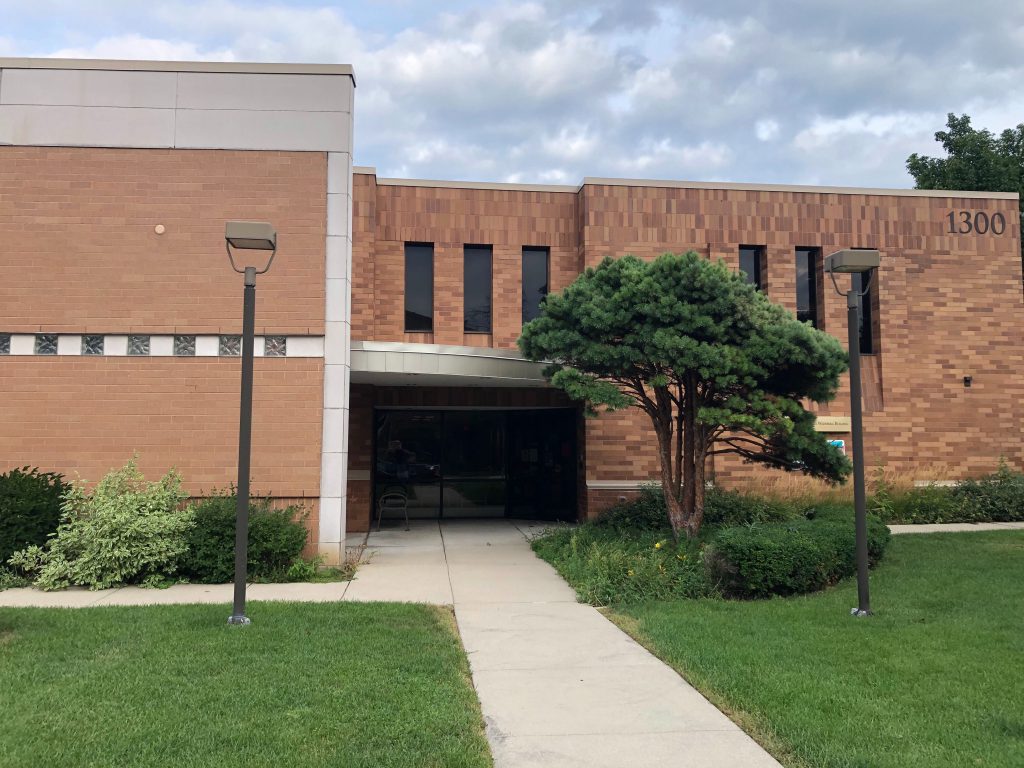Anti-Semitism In State Near Record High
At 'dangerous' level, up 459% since 2015, report finds.
Reports of antisemitism in Wisconsin remain near record-high levels in a trend advocates call “very concerning.”
An annual audit released Thursday by the Milwaukee Jewish Community Relations Council found 95 reported incidents of antisemitism in 2021, just a 4 percent decrease from 2020’s record-high of 99.
Despite the small decrease over the past year, Gardner Mishlove said the general trend in recent years has been a marked increase in antisemitism in the state. Since 2015, the number of incidents has grown by 459 percent.
The 2021 audit found an 80 percent increase in antisemitic incidents at middle and high schools since last year. Incidents range from Holocaust jokes to harassment of Jewish students in the form of antisemitic and racist graffiti, gestures and social media posts.
Gardner Mishlove suspects the increase in incidents is due to schools reopening after pandemic closures, noting it may be part of a larger trend of school violence as students struggle to readjust to in-person learning.
But during the same timeframe, antisemitic incidents on college and university campuses decreased by 42 percent. Gardner Mishlove again attributes the change to the pandemic — saying more campuses offering online classes, and an overall decrease in enrollment at some campuses, could explain the decline in incidents.
But one of the most troubling findings, Gardner Mishlove said, is a 46-percent increase in COVID-19 and pandemic-related conspiracies and comparisons. This includes things like state legislators comparing the COVID-19 pandemic to the Holocaust and conspiracy theories blaming Jewish people for the pandemic.
Kenosha is one of many cities where antisemitic flyers have been circulating that frame vaccines and the pandemic as the “Jewish agenda.”
“That’s very dangerous to think that you may be the daughter or the son of a Holocaust survivor, and you walk out to your driveway, and you’re seeing this flyer,” Gardner Mishlove said.
She added that the number of incidents is likely underreported. Each time the council publishes the annual audit, Gardner Mishlove said it receives a wave of communication from individuals who were not aware they should be reporting these kinds of incidents.
“I think the call to action for all of us is to speak out whenever we hear or see antisemitism or any form of hatred or bigotry. An offense to one is an offense to all,” she said.
Whether you are a victim of or witness to an act of hatred, you can report it online, by calling 414-390-5736 or by emailing jcrj@milwaukeejewish.org.
Jewish Family Services provides victim support services. And the Milwaukee Jewish Community Relations Council partners with diverse organizations to prevent and address hatred and bigotry.
“We also recognize that many folks sit in multiple communities,” Gardner Mishlove said. “A person who is Jewish may also belong to another marginalized group, and vice versa. So that’s why it’s so important for us to all work together to unite, to strengthen and support each other.”
Listen to the WPR report here.
Very dangerous’ antisemitism in Wisconsin remains near record high, report says was originally published by Wisconsin Public Radio.























There is a connection between the pandemic and the various forms of bigotry that have surged in past few years. It is not the connection that the far-right and anti-Semites see. It is that, like the pandemic, anti-Semitism, racial hatred and homophobia are viral. Unchallenged, they spread from generation to generation and within communities.
Growing up in my immigrant Catholic Southside neighborhood, anti-Semitism, homophobia, racial bigotry and, infrequently mentioned, anti-Protestantism, were all reflexive and rarely challenged. (I was naturally stunned to find that Protestants didn’t have such a high opinion of us either.) No Jews lived in our neighborhood, but there was the local pharmacist and the owner of the National Liquor Bar. They were “good Jews,” as was the owner of the Bicycle shop on 16th and Greenfield who was simply known as “the Jew.”
In my memory, this bigotry did not come from the Catholic Church, but from the cultures of the countries that our family and immigrant neighbors came from. And, in many cases, especially in racially and religiously segregated communities, it has been passed on from generation to generation. Hard times are especially fertile ground for bigotry. As a character in the famous novel Darkness at Noon said, “According to what I know of history, I see that mankind could never do without scapegoats.” All reasons to challenge bigotry, as uncomfortable as that may be, in trying to build a better future for everyone.